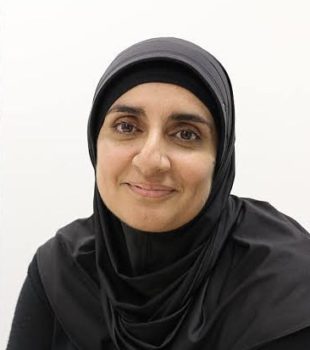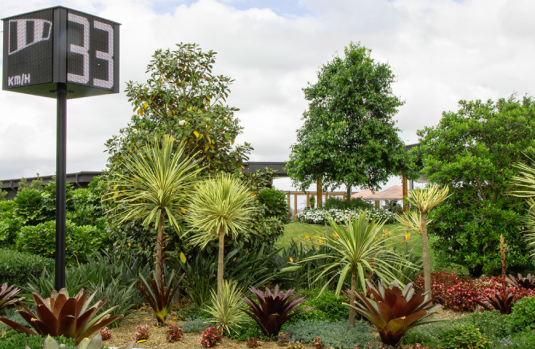
Smart Cities Council Australia New Zealand (SCCANZ) has announced the addition of Spark New Zealand to its membership cohort.
The telecommunications and digital services company has helped shape smart cities and regions across NZ.
SCCANZ, a network of local government, research organisations and solution providers, says Australian local councils will now have more opportunities to learn from and exchange knowledge with their trans Tasman neighbours.

Spark’s addition to SCCANZ will enable opportunities to advance the internet of Things, data leadership and digital equity outcomes.
New Zealand Director for SCCANZ Jannat Maqbool says the Smart Cities Council has always considered the region of New Zealand and Australia as a whole.
“There are so many similarities, albeit differences also; there is always the opportunity to learn from each other,” she told Government News.
“And (chances) to connect across the ocean to share knowledge and experiences and develop opportunities for collaboration.”
“The key lesson with building smart cities, towns and regions is ensuring citizen engagement.”
Jannat Maqbool, New Zealand Director for SCCANZ
Lessons from New Zealand
The programs leading the smart cities space in New Zealand are those that engage with the community, according to Ms Maqbool.
“The key lesson with building smart cities, towns and regions is ensuring citizen engagement,” she said.
This can be achieved by taking advantage of public-private partnerships to solve real-world problems and informing and empowering members of the public.
In particular, the digital twin, a computer program using real-world data to create simulations, is taking a leading role, Ms Maqbool said.
“It’s the digital twin as a capability that is enabling greater stakeholder engagement, informed decision making and progressing an understanding around the importance of data and local government’s responsibility in terms of data leadership.
“There was so much interest when we released the opportunity to be part of the 2021 Digital Twin Challenge.
“Now we have 13 projects running across the region with 17 organisations from the public and private sector looking at the potential of digital twin in a number of spaces.”
Other smart city technologies deployed across New Zealand include sensors in rubbish bins, car park spaces, streetlights, pavements and air quality monitors, all powered by IoT and 5G technology.
“The relationships between technology, data, people and place are changing rapidly and our planning and design practices need to catch-up.”
Jannat Maqbool, New Zealand Director for SCCANZ
Learning from peers
There are many benefits to learning from each other, Ms Maqbool said.
“Learning from your peers offers a number of advantages and we are likely to see more of this across the region as the Smart Cities Council ANZ family grows.”
This has been evident throughout the pandemic, Ms Maqbool said.
“In both countries, the telecommunications sector accelerated its work to ensure connectivity for homes and businesses.
“Most recently, you will see that Spark in New Zealand is looking at a similar model to what Australia’s Telstra had started as Future Fund.”
Future of smart cities
When looking to the future, the emphasis will be on place rather than technology, according to Ms Maqbool.
“The relationships between technology, data, people and place are changing rapidly and our planning and design practices need to catch-up,” she said.
“A series of new innovations are emerging, including electric and autonomous vehicles, e-commerce trends and those related to mobility and transit.
“(These are) underpinned by technology and data and will impact the spaces around us and how we live and work.”
This story was updated on the 4th of March
Comment below to have your say on this story.
If you have a news story or tip-off, get in touch at editorial@governmentnews.com.au.
Sign up to the Government News newsletter
